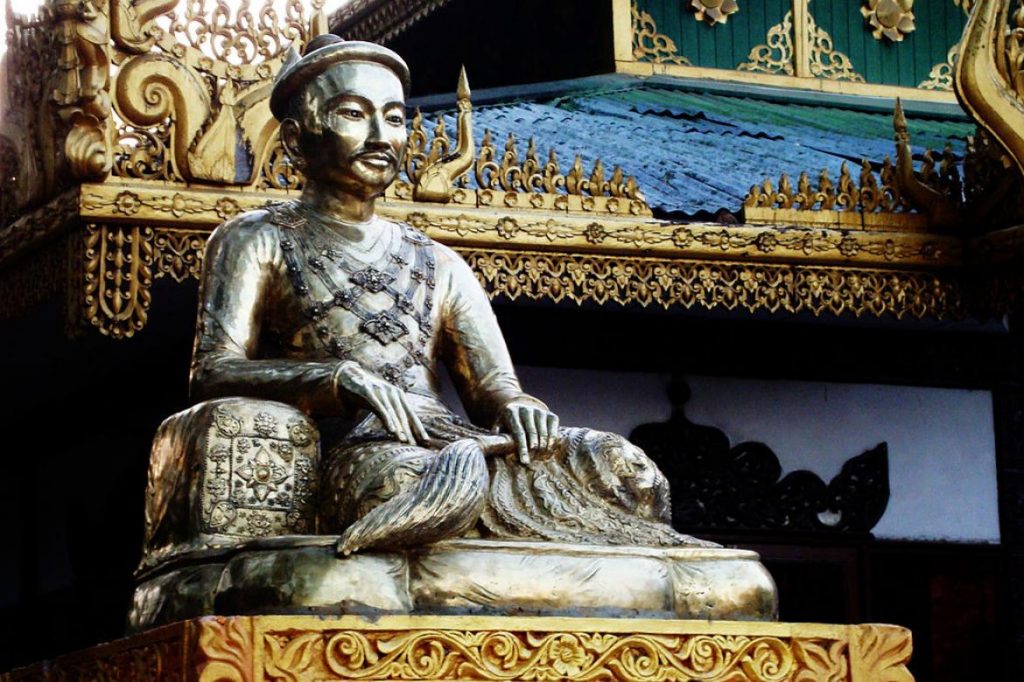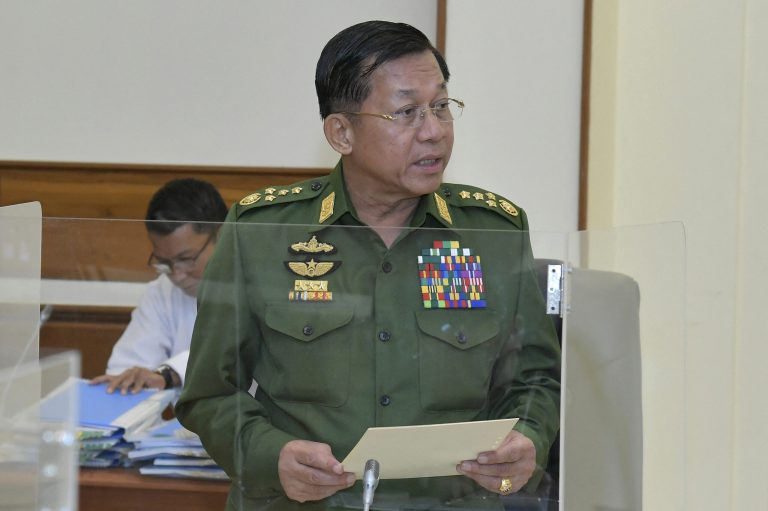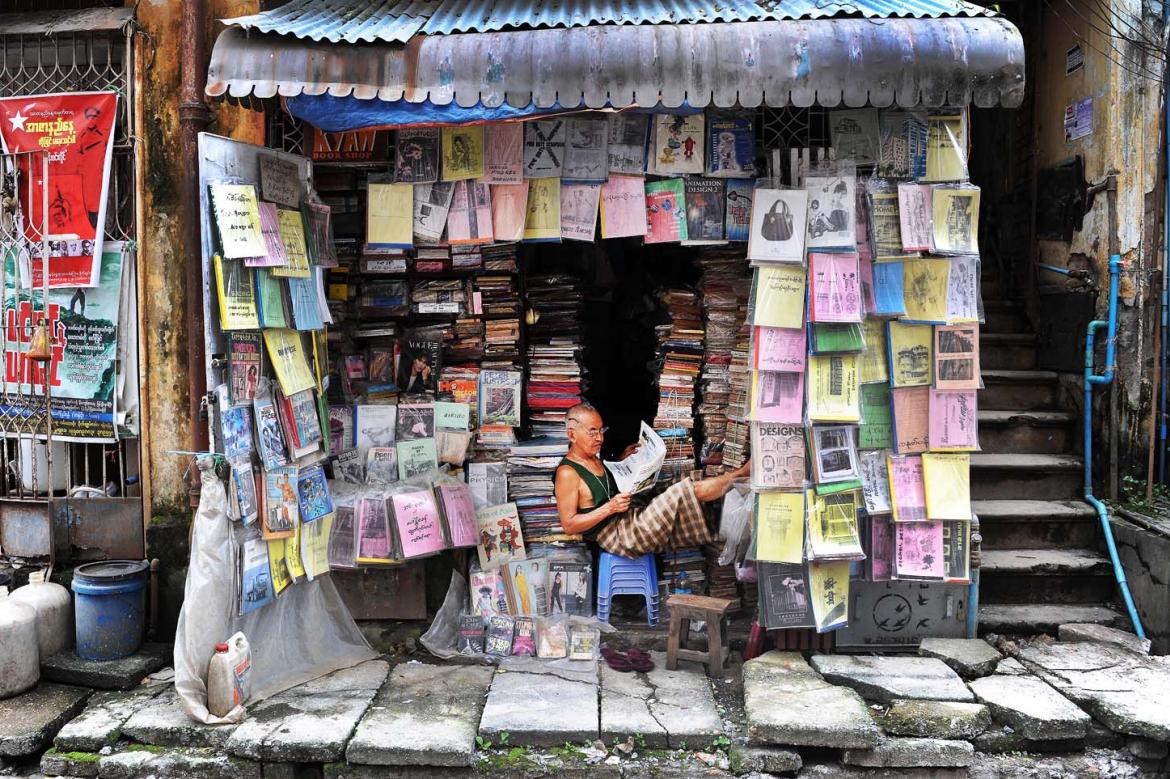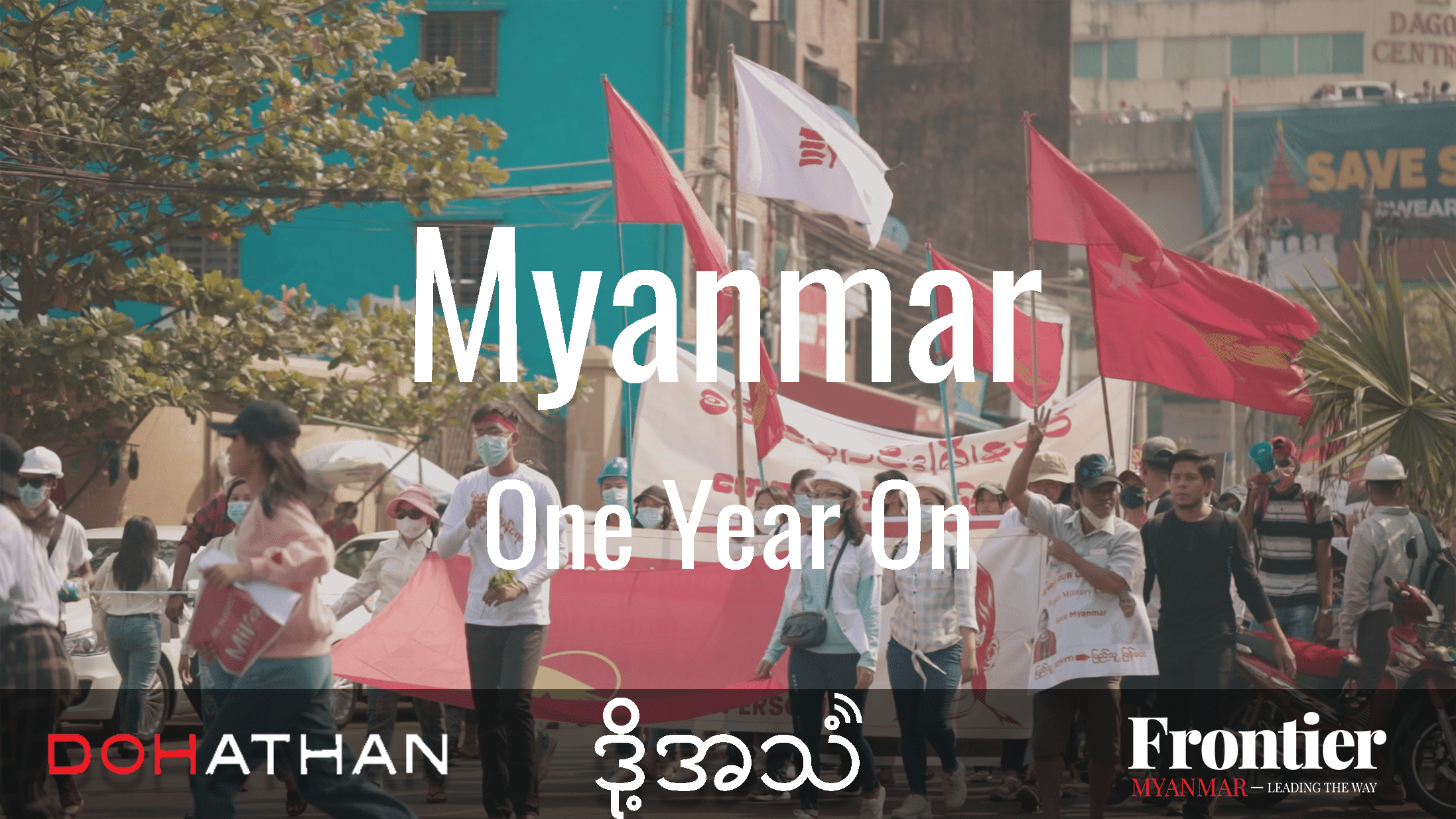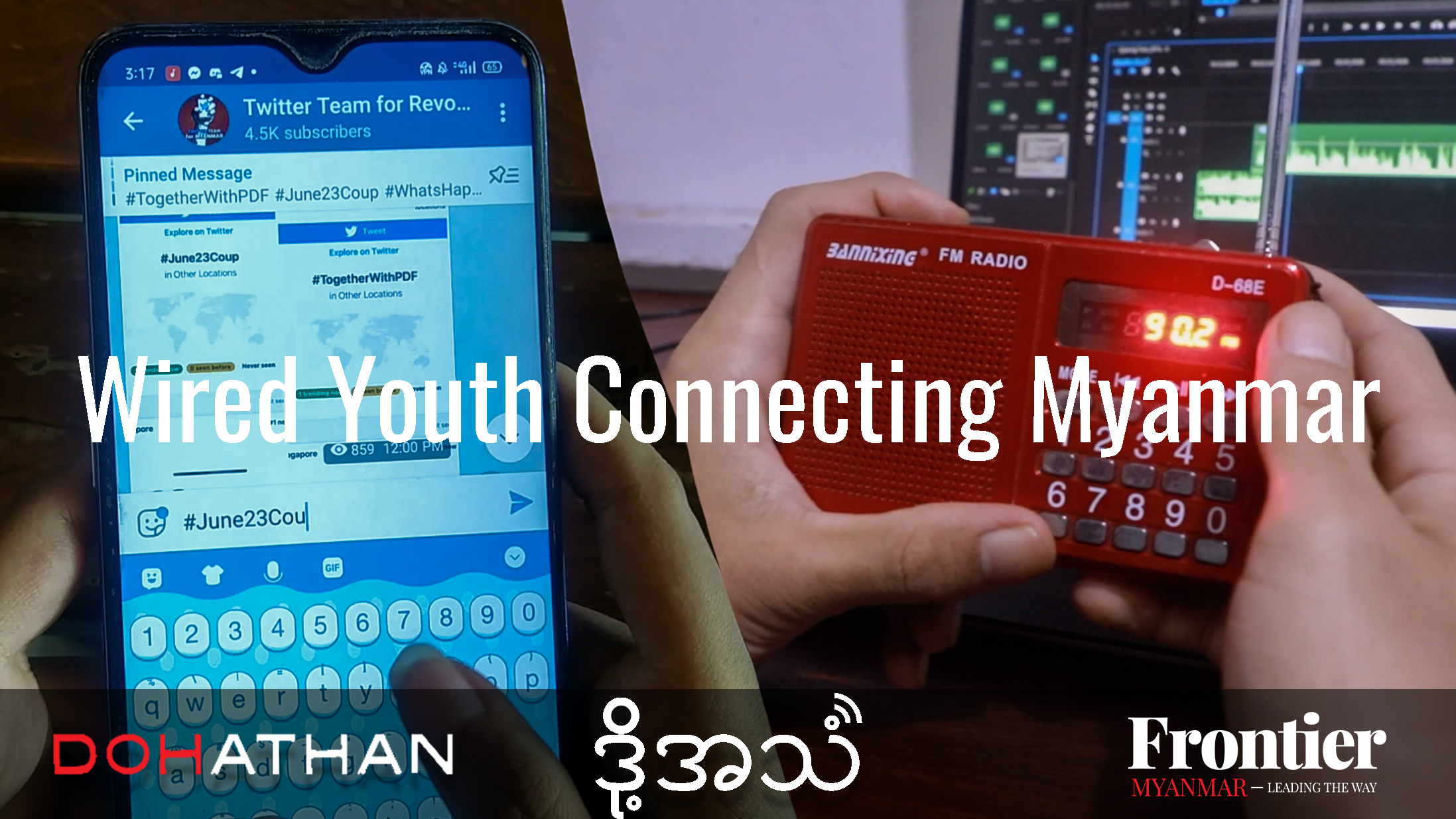If a commitment to realise the will of the electorate was more important than haggling over a title, Myanmar would not be sitting on a constitutional crisis.
By KHIN ZAW WIN | FRONTIER
A civilian-led party that espouses democracy has defeated a military-backed party at the polls and has taken over parliament.
As someone who has struggled for decades to help bring this about, one should be jubilant. But right now the country is sitting on constitutional crises and it is coming to the boil at a time when Myanmar needs it least – like a hole in the head as they say.
It is widely accepted that many parts of the 2008 Constitution need to be amended. To do this, there are procedures that have to be followed if we are to revive and strengthen democracy and its institutions. However, it seems that quite a bit of haggling is going on over what the winning side views as the most pertinent and offending article.
A couple of decades ago, a senior colleague told me that he had been appointed adviser to an aid agency, adding, “In Burma it is the designation that counts”. Then as now I am someone who does not agree with that, firmly holding that it is the work one does that counts. But perhaps my colleague was right. We might have to establish some creative titles and positions if we want to stave off a looming constitutional crisis.
Support more independent journalism like this. Sign up to be a Frontier member.
Since the Burmese monarchy was shattered by the British, something like the office of heraldry does not exist anymore, although the President’s Office is trying hard to emulate that function. It might be something like the Grand Vizier (Wazir), a principal character in One Thousand and One Nights. Or Prince-Regent. Or, if you are like me a lifelong fan of H. Rider Haggard, She-Who-Must-Be-Obeyed, the lead character in his 1886 novel, She: A History of Adventure. In cultures where the state is part-theatre, grandiose titles are a serious matter. The honours of pre-1962 Burma are being revived and I know that people relish and pursue them avidly.
Talk about Nero playing the fiddle while Rome burned! Myanmar has to get over these fetishes and face the real issues.
It is the ability and commitment that matter, not positions. (I would have thought something like this did not need to be said). Buddhism emphasises impermanence, transition and non-self, and Myanmar is a predominantly Buddhist country. If the leadership does not reflect these principles, why blame people like the Ma Ba Tha for not doing so? In the same vein, how can a multi-ethnic nation be built if the top institutions only pursue their own self-interests?
Myanmar’s history is replete with able commoners who rose to kingship by dint of their work for the country and its people. In other words, the mantle of monarch came to them. At the time of the Mongol invasions in the 13th century, when the Bagan kingdom was in disarray, it was a fraternity of minor officials (the three Shan brothers, Yazathingyan, Athinkhaya and Thihathu) who held Myinzaing against the invader and rallied the people. It was not getting crowned first and then doing the job. Later, and naturally, the crown came to them.
Both the state and society in Myanmar will have to consolidate democracy, end a war and introduce federalism, all at the same time. There are also other simmering pre-crises. I have gone to the extent of comparing the situation in Rakhine State with that of India’s Punjab in the early 1980s, when poor handling by New Delhi precipitated much bloodshed.
Rakhine is the second-poorest state in Myanmar, despite immense offshore reserves of gas and oil. It has a sizeable Muslim minority and there have been bloody sectarian clashes in recent years. In the November elections, the Rakhine National Party won 22 seats in the state legislature and a crisis is looming with the National League for Democracy over the appointment of the chief minister and state government. An armed ethnic organisation, the Arakan Army, previously active in Kachin State, has been involved in fighting in Rakhine with the Tatmadaw.
Such matters will not wait for the coronation trumpets to ring out before they can be addressed.


